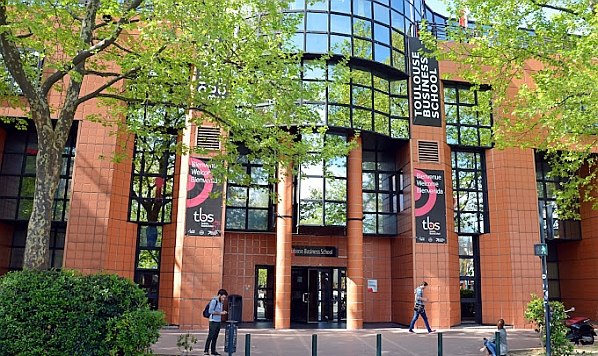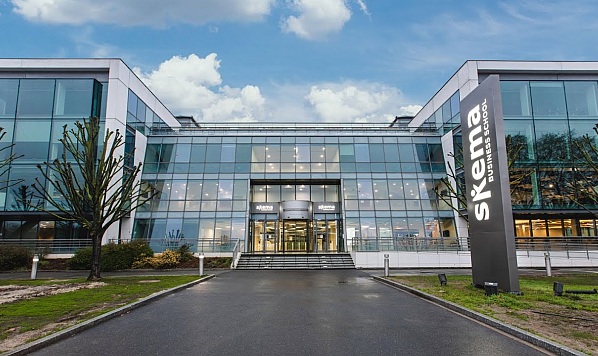Everything you need to know about a Master's in International Relations (MIR)
Introduction
The Master’s in International Relations (MIR) is a globally recognized program designed for individuals passionate about diplomacy, global politics, and international affairs. This course provides students with a deep understanding of the complexities of global governance, international law, economic relationships, and cultural exchanges across borders.
Course Duration:
10 – 24 Months
Estimated Fees:
USA: $30,000 – $60,000
Europe: €15,000 – €35,000
Asia: $10,000 – $50,000
Popular Specializations in Mir
Diplomacy and Conflict Resolution
Key Learning Areas:
- Diplomatic protocol and cross-cultural negotiation
- Peace-building initiatives and conflict management
- International peace treaties and security frameworks
Global Governance and Policy
Key Learning Areas:
- The functioning of international bodies like the UN and WTO
- Policy creation and analysis in a global context
- The role of international law in shaping policy frameworks
International Trade and Economic Relations
Key Learning Areas:
- Global trade agreements (e.g., NAFTA, EU Trade Policy)
- The economics of international development and globalization
- The impact of foreign investment on national economies
Human Rights and International Law
Key Learning Areas:
- International human rights laws and treaties
- The role of international organizations in enforcing human rights
- Case studies of human rights issues
Environmental Policy and Global Sustainability
Key Learning Areas:
- International environmental agreements and protocols
- Climate change policy and global sustainability efforts
- Managing environmental impact through international cooperation
International Security Studies
Key Learning Areas:
- Counter-terrorism and cybersecurity frameworks
- Global military alliances and defense strategies
- The geopolitical impact of modern warfare
Job Prospects & Key Markets After Mir
Average Annual Salary For MBA Graduates ($)
- USA: The average starting salary for MIR graduates is around $65,000 – $75,000 annually, with senior roles in diplomacy or international policy reaching upwards of $120,000. Over the past five years, salaries have seen a 12% increase, driven by the rising importance of international diplomacy, cybersecurity, and global trade.
- UK: Graduates entering government or policy-related roles typically earn between £35,000 and £45,000, with experienced professionals earning up to £80,000. Salaries have increased by about 10% in the last five years, especially in roles related to international trade and Brexit-related policy work.
- France: MIR graduates working in government, NGOs, or international organizations can expect starting salaries around €40,000, rising to €70,000 for senior roles. A 9% salary growth has been observed, particularly in the fields of European Union policy and international development.
- Canada: Entry-level salaries are in the range of CAD 50,000 – CAD 65,000, with senior professionals in international policy or global trade roles earning up to CAD 100,000. There has been a 7% increase in average salaries over the last five years, with growth driven by increasing global trade and environmental policy demands.
- Germany: The starting salary for MIR graduates is typically €45,000 – €55,000, with experienced professionals earning up to €90,000 in roles related to international security and diplomacy. In the last five years, salaries have grown by 8%, primarily due to the rise in global environmental diplomacy and international law.
Mir Trends
Salary Increases by Industry
- Diplomacy and: There has been a 12% increase in salaries in this sector over the past five years, particularly for roles in conflict resolution and multilateral negotiations.
- International Law and Human Rights: The demand for human rights specialists has led to a 10% salary increase over the past five years.
- Non-Governmental Organizations (NGOs): Salary growth in this sector has been moderate, around 7%, with higher compensation offered to those with expertise in human rights law and international development.
Specialization Trends
- Diplomacy and Conflict Resolution: With increased geopolitical tensions, this specialization has seen a 15% rise in student enrolment globally.
- Environmental Policy and Global Sustainability: Over the last five years, enrolment in environmental sustainability tracks within MIR programs has surged by 20%, particularly in Europe and North America.
- Cybersecurity and International Security: With the rise in global cybersecurity threats and international terrorism, the International Security Studies specialization has seen a 17% increase in enrolment.
Enrolment Trends
- The percentage of female MBA students continues to rise, with 55% of MIR students globally being women in 2023
EXPLORE UNIVERSITIES For Mir
Interested in pursuing an MIR? Discover other top universities in France and Canada offering diverse programs and unique campus experiences. Take the opportunity to explore institutions that align with your academic and career ambitions.
Get Started
We’re excited to help you get started! Register now and gain access to personalized one-on-one guidance, tailored internships, and study programs that fit your ambitions.


